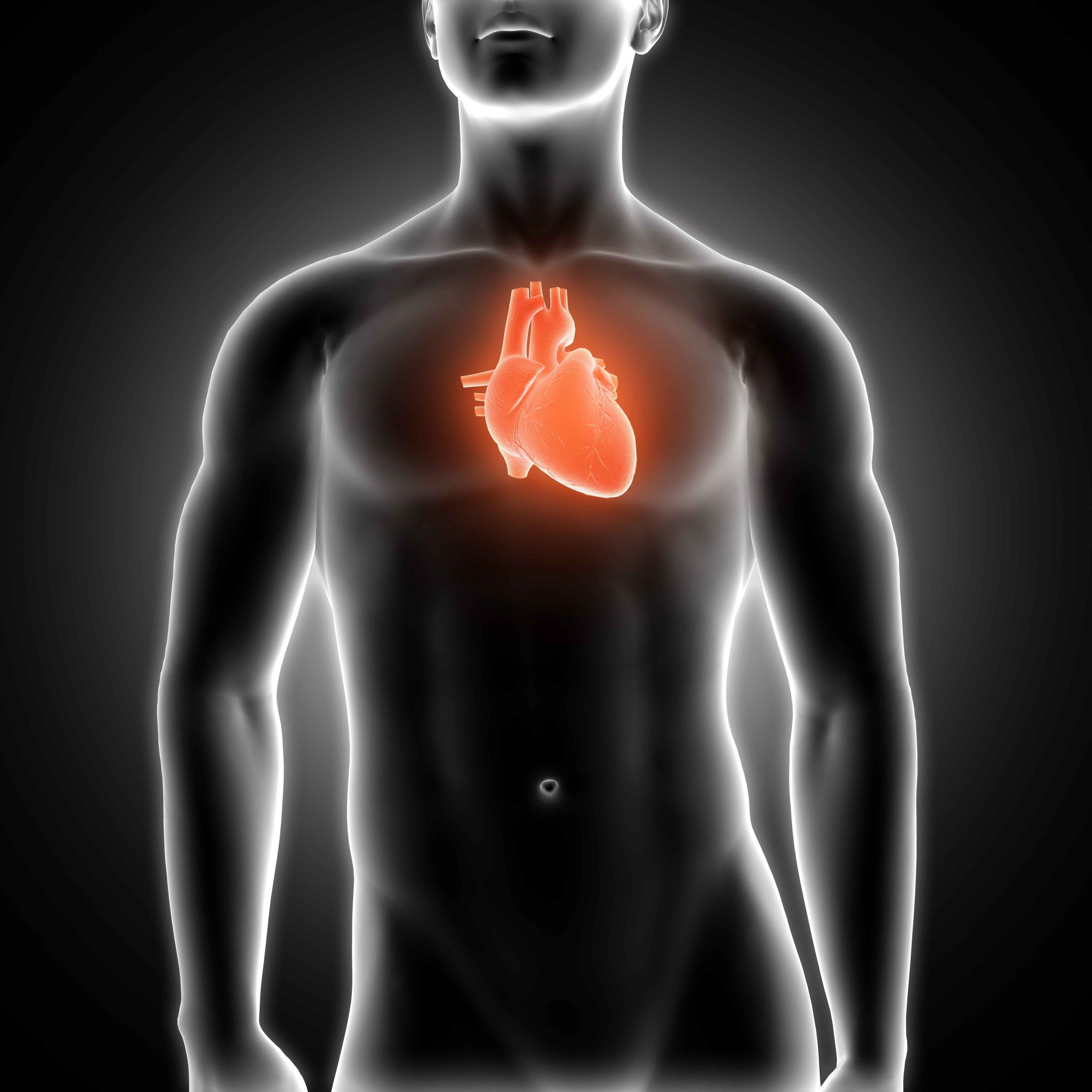
Myocarditis: Inflammation of the heart muscle that can be serious but treatable.
Introduction:
Myocarditis is a condition where the heart muscle becomes inflamed. It can be caused by viruses, bacteria, and autoimmune diseases. While myocarditis can be serious, there are treatment options available.
Body:
The heart muscle is responsible for pumping blood throughout the body. When it becomes inflamed, it weakens and can affect the heart’s ability to pump effectively. This may lead to chest pain, shortness of breath, and heart failure.
Symptoms:
Symptoms of myocarditis can vary depending on the severity of inflammation. Some people may not experience any symptoms, while others may have:
– Chest pain
– Shortness of breath
– Fatigue
– Palpitations
– Fever
– Chills
Diagnosis:
Myocarditis is diagnosed through a physical exam, an electrocardiogram (ECG), and an echocardiogram. An ECG measures the heart’s electrical activity, while an echocardiogram uses sound waves to create images of the heart.
Treatment:
Treatment for myocarditis depends on the severity of inflammation. In some cases, no treatment may be needed. However, if symptoms are present, treatment may involve:
– Medications to reduce inflammation and relieve pain
– Rest
– Avoiding strenuous activities
Severe cases may require hospitalization and advanced treatment, such as medication or a heart transplant.
Conclusion:
Myocarditis is a serious condition, but there are treatment options available. If you experience symptoms of myocarditis, it is important to consult a doctor promptly.
For More Information Click here


